Why is my water bill so high? The 5 most common reasons for a sudden hefty bill
The experts weigh in to help explain what's running up your water bills

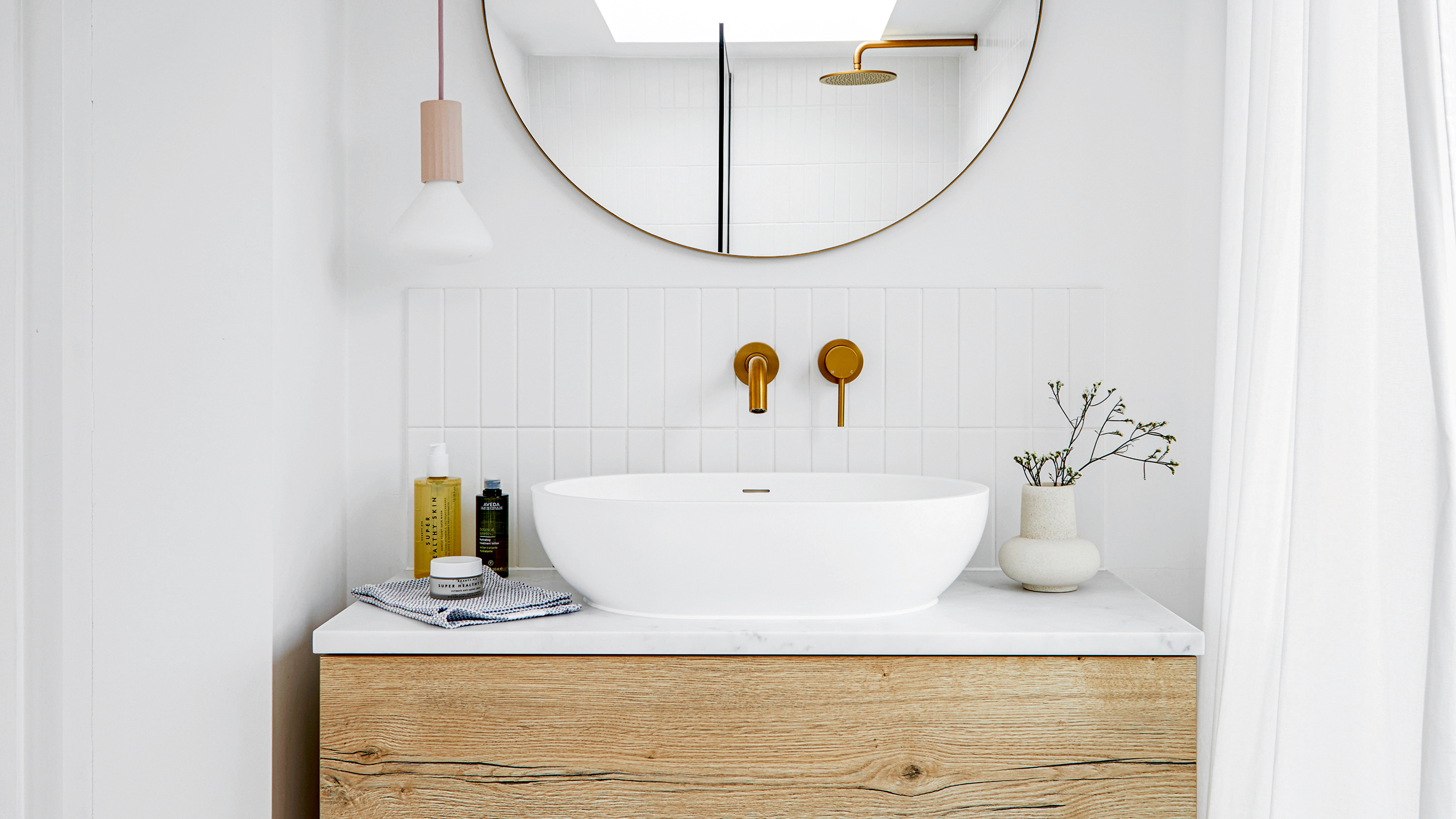
Sign up to our newsletter for style inspiration, real homes, project and garden advice and shopping know-how
You are now subscribed
Your newsletter sign-up was successful
Do you often find yourself asking 'why is my water bill so high?' As water bill prices are set to see a record increase from April, many are keen to find ways to cut costs and save money on water bills ahead of the rise.
It's oftentimes that we don't even realise the little things that are unknowingly adding to the number on our water bills – but it's not all doom and gloom, as it's simple to reduce these costs just by making some small changes.
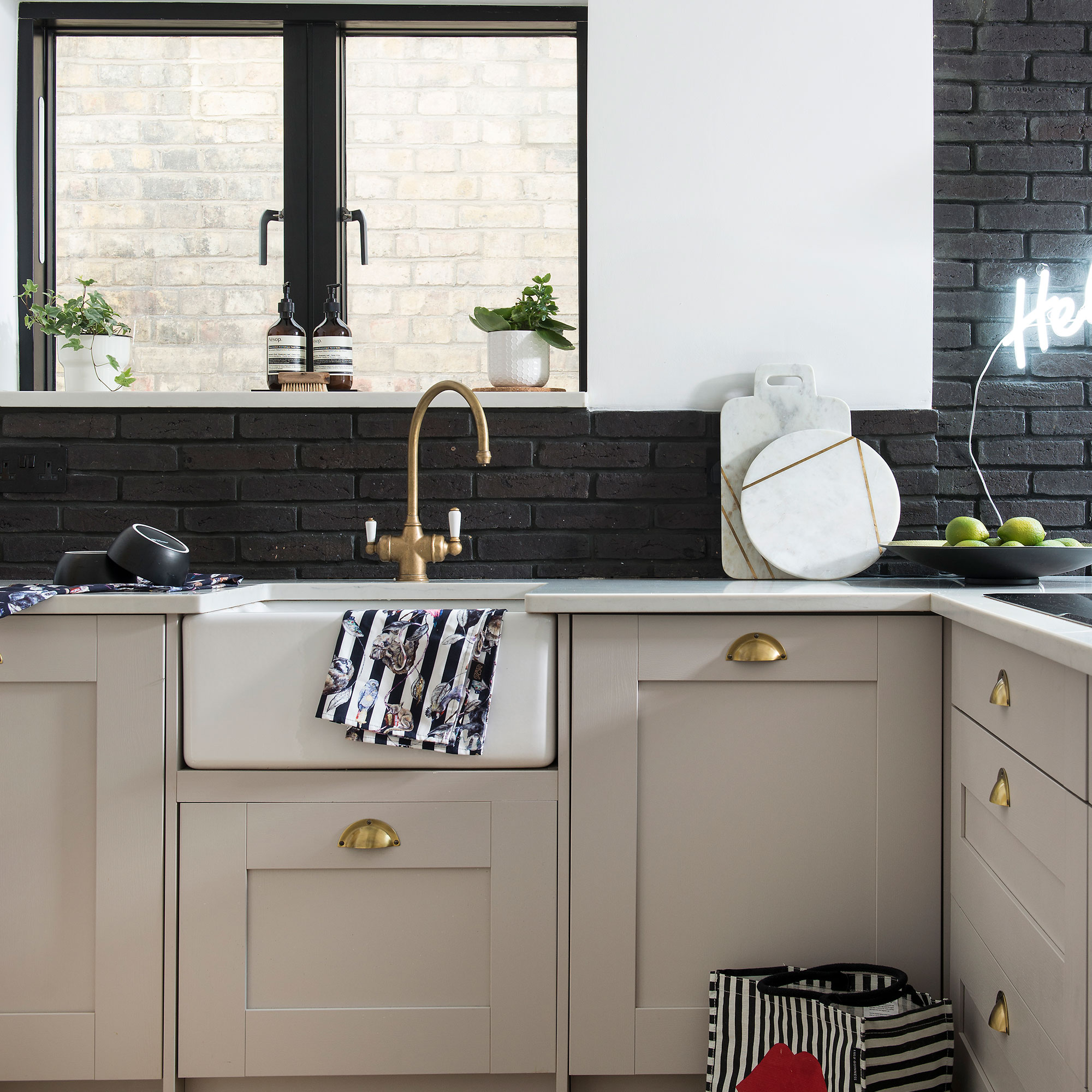
Why is my water bill so high? The 5 most common reasons, explained by experts
We've asked the experts to weigh in and help us identify the 5 most common reasons to help you answer the question, 'Why is my water bill so high?' Here's everything you need to know so you can take steps to help reduce this area of your utility bills.
1. Fix any dripping taps
Polly Shearer, design expert at Tap Warehouse advises that it's 'crucial to fix any dripping taps in your bathroom and kitchen rather than ignoring them, as something as minor as this can make your water bill skyrocket.'
'A trickling tap can waste over 450 litres of water a day, costing you a shocking £300 extra on top of your water bill each year.' Luckily enough, you can fix a dripping tap and fix a leaky showerhead at home yourself by following the right guidance.
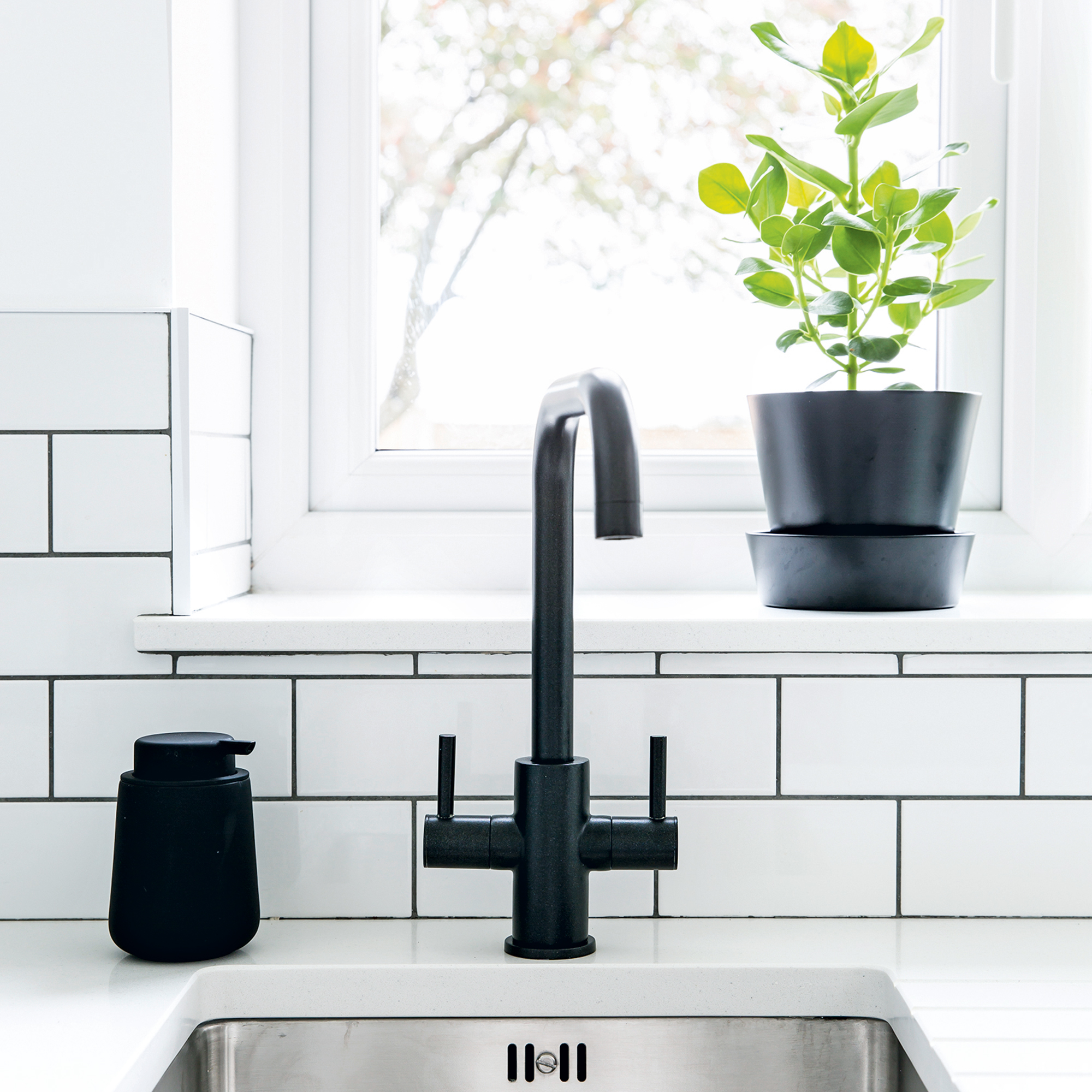
2. Check for leaks
Following on from dripping taps, water leaks can also cause your water bill to skyrocket. Julian Hobday at KindWater explains that 'this is because when pipes leak, water is continuously flowing through the system, even when you're not using the appliances.' Therefore, it's important to be clued on how to spot the signs of a leak.
James Longley, managing director at Utility Bidder advises checking underneath your home appliances like washing machines and dishwashers for any leaks. Water leaks are oftentimes also associated with damp and condensation on walls and ceilings.
Sign up to our newsletter for style inspiration, real homes, project and garden advice and shopping know-how
Polly Shearer at Tap Warehouse warns that a leaking toilet can waste up to 400 litres a day, which is enough to fill five whole baths. That's a lot of wasted water.
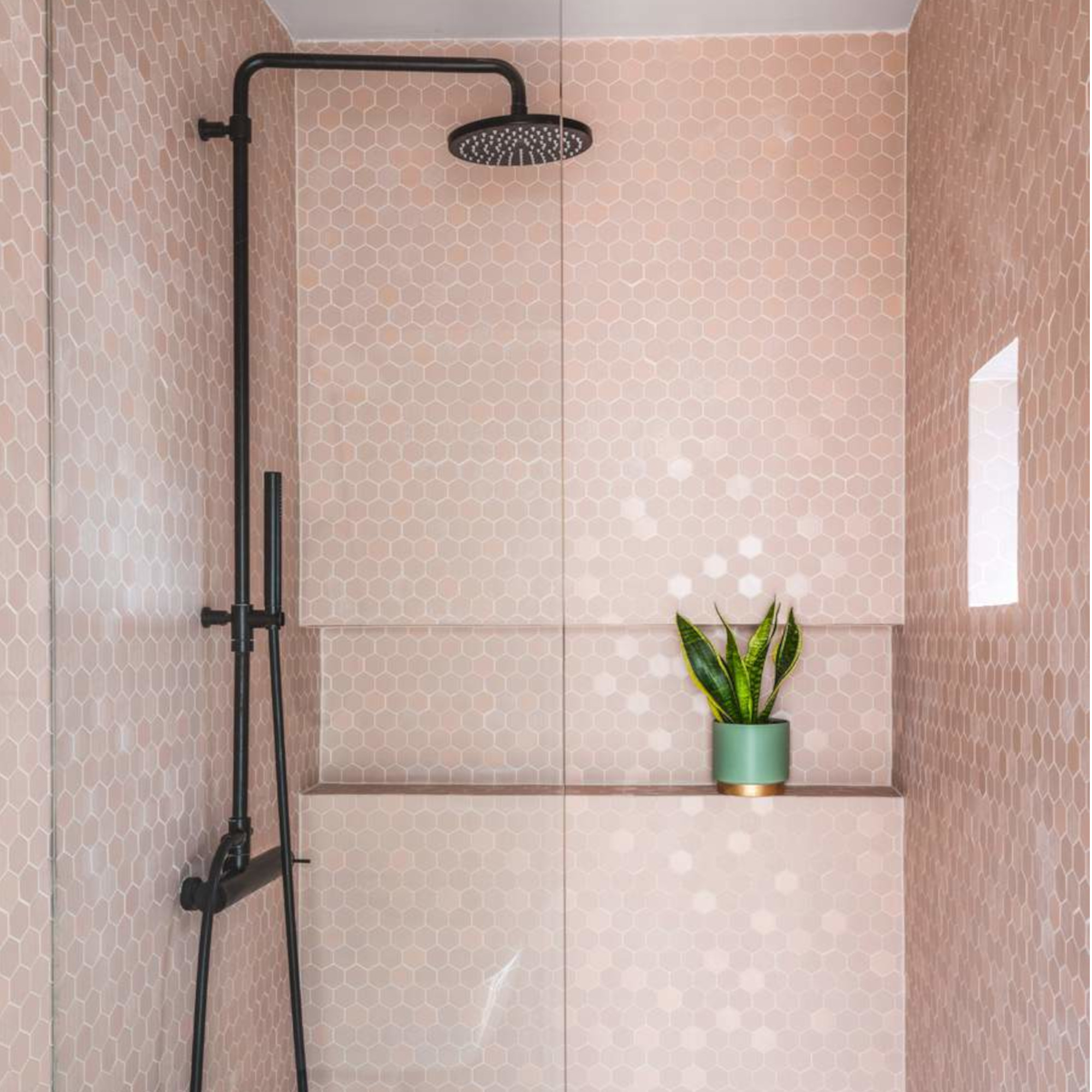
3. Meter inaccuracies
Around half of UK households have a water meter, which has on average helped those who use one use less water and save money as a result. However, Julian Hobday at KindWater warns that an inaccurate meter reading can lead to a higher water bill.
If you suspect that this could be a reason, Julian advises contacting your water utility company to request an inspection. 'If the meter is inaccurate, damaged, or beyond repair, it will most likely need replacing, which is a service the water company should provide for free.'
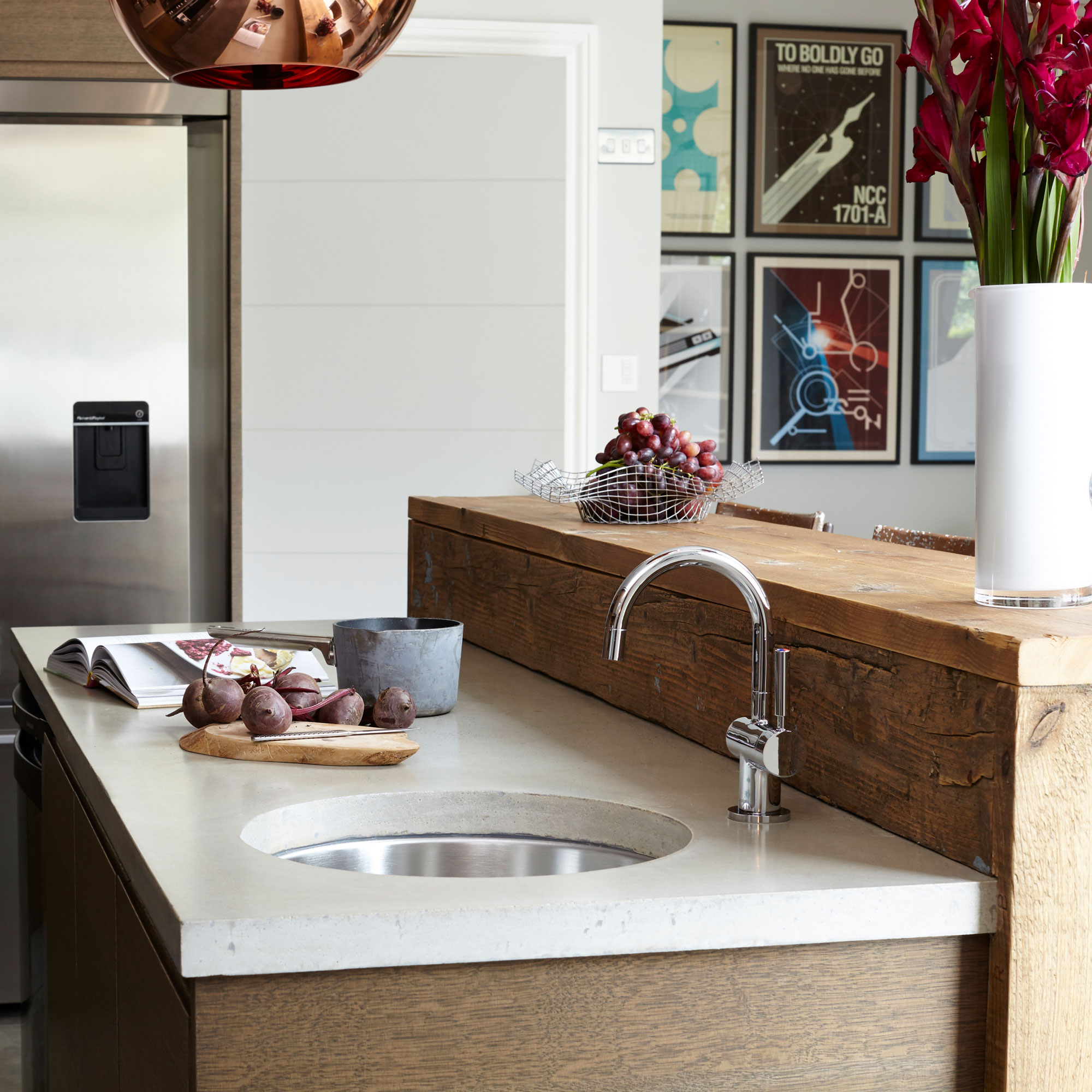
4. Changes at home – new home appliances, hosting guests, etc
We often miss out on this one in our calculations: slight changes in our day-to-day routines. James Longley at Utility Bidder explains that 'new appliances such as washing machines or dishwashers can use more water than your old ones.'
'The average person uses 140 litres of water each day,' but factors such as recently having guests over, or spending more time in your home will inevitably increase your water bill.
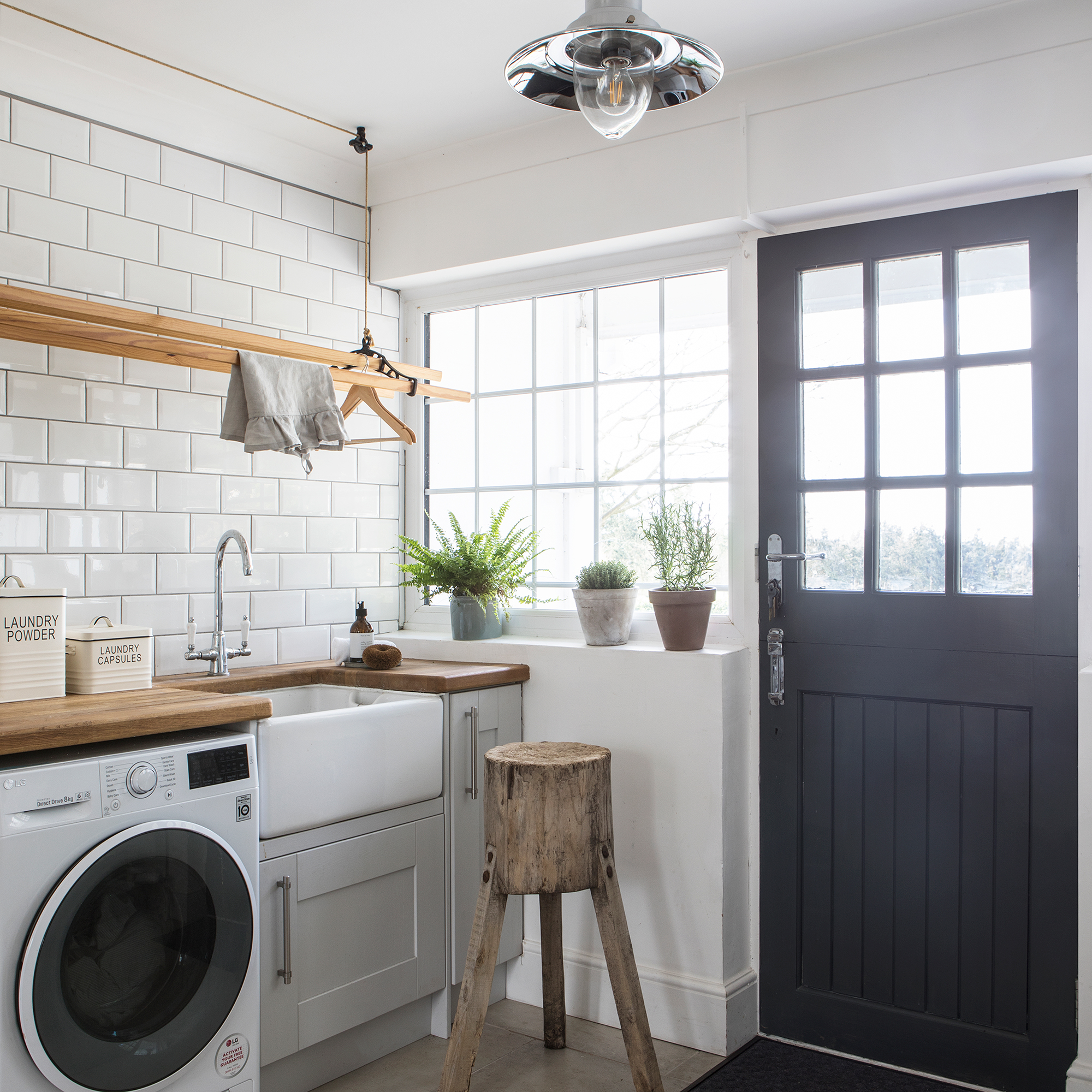
5. Hard water
This one is quite a lesser-known reason why your water bill may be so high: the effects of hard water on your water system. 'Hard water contains a high amount of magnesium and calcium which leads to limescale build-up on pipes and appliances, damaging and reducing their efficiency,' explains Julian Hobday at KindWater.
'Decreased hot water efficiency means it will take longer for appliances like showers to provide a decent amount of hot water, driving up bills.' It also takes longer for your soap to lather, making you spend longer in the shower.
An easy way to spot hard water in your water system is the prevalent build-up of limescale. Julian Hobday advises those affected to consider buying a water softener. In turn, 'you could save up to £1100 a year across household bills, washing and cleaning products, and appliance maintenance.'
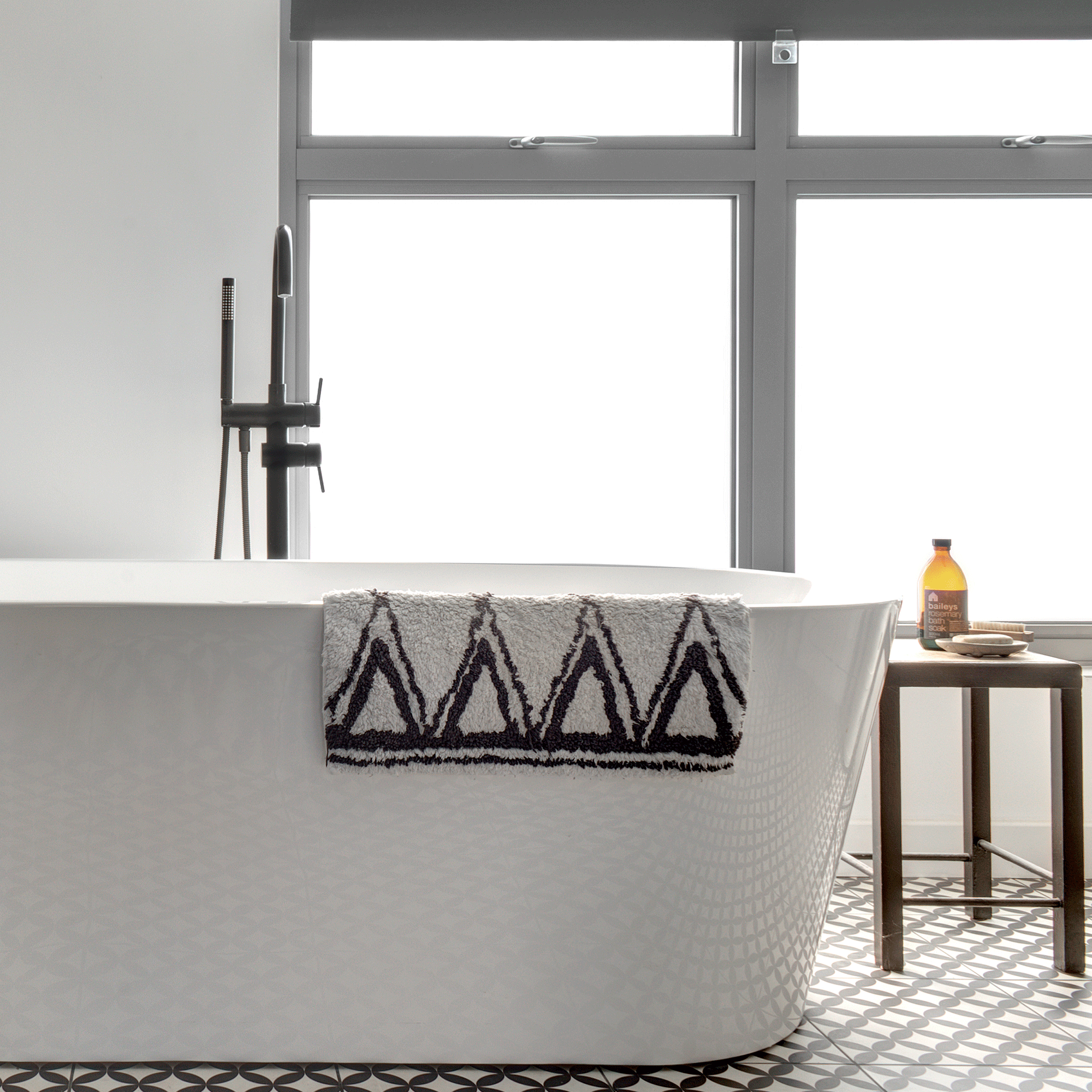
Of course, above all, it's important to consider and be more mindful of your water usage to ultimately cut costs, but we hope these reasons will help connect the dots to explain a sudden hefty water bill.

Jullia was Ideal Home’s Junior Writer from 2022-2024 and the Ideal Home Certified Expert in Training on Vacuums having spent over 60 hours testing different models. She’s always loved all things homes and interiors, graduating with a bachelor’s degree in Architectural Studies from the University of Nottingham where her love for writing blossomed following her internship at ArchDaily. Now focused on home tech and cleaning, Jullia works on writing features and explainers to help people make the most of their home appliance investments, putting the newest launches through their paces. When she isn’t writing, she loves exploring the city, coffee shop hopping, and losing hours to a cosy game or book.